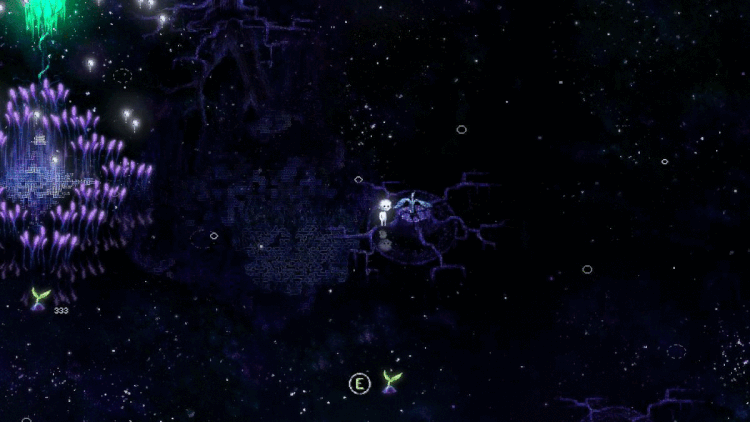If it's about commercial advice, then 3 stars suffice:
1 star=don't buy.
2 star=buy if you have the inclination.
3 star=buy it no matter what.
If it's about technical analysis then a 10 point scale with .5 decimals is the absolute minimum. It should be possible to differentiate between games on the same tier of quality, which is possible with 20 points. It's not really possible to be particularly accurate in that regard with a 10 point scale (5 + decimals, or solid 10).
Personally, if you are going to have a score for any reason (which doesn't work for the hypothetical), then I'm a fan of going completely over the top. 100 point scales FTW.

The thing with aspro's scale is that "broken" can mean lots of different things to different persons, that leaves even more room for interpretation with "essentially broken".
The only good review score is the nonexistent review score. Let's just do away with all of them.
Steely said:The thing with aspro's scale is that "broken" can mean lots of different things to different persons, that leaves even more room for interpretation with "essentially broken".
The only good review score is the nonexistent review score. Let's just do away with all of them.
Broken to me means technically broken. As in, SimCity in the first two weeks.











Let's say, as a starting point, that review scores are helpful. That we are all too dumb to read a full review.
I like the 1-5 (or five star) model. It leaves little room for ambiguation.
But, how about a five star scale that skips the third star?
A game is either 1, 2, 4 or 5 star?
1 = broken
2 = Essentially broken, but an educational experience if you can play it for free.
4 = Worth playing if you can afford it.
5 = Worth shoplifting if you cannot afford it.